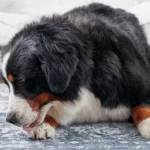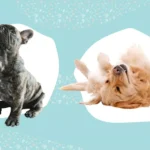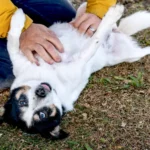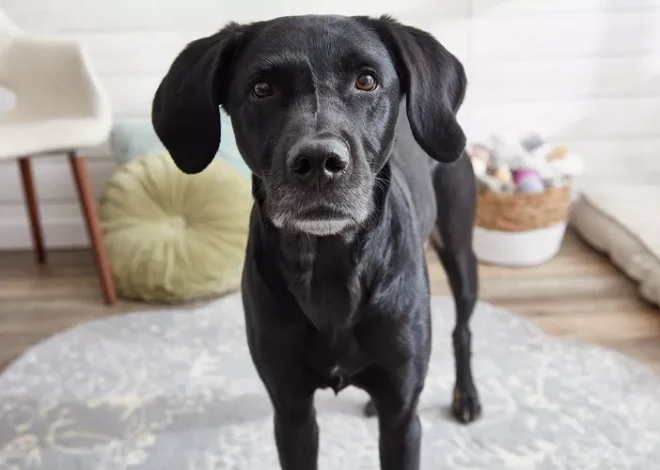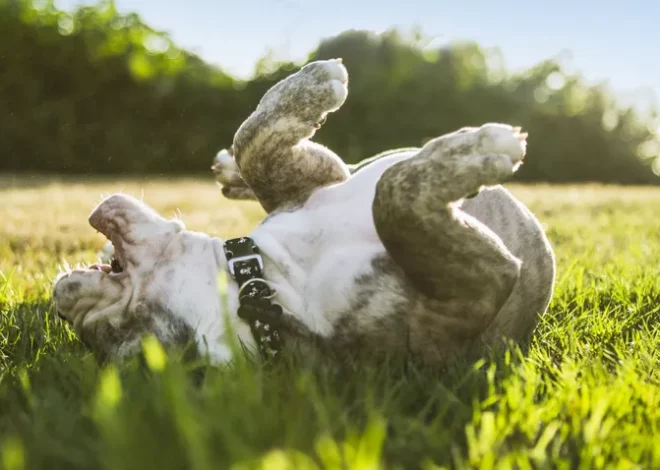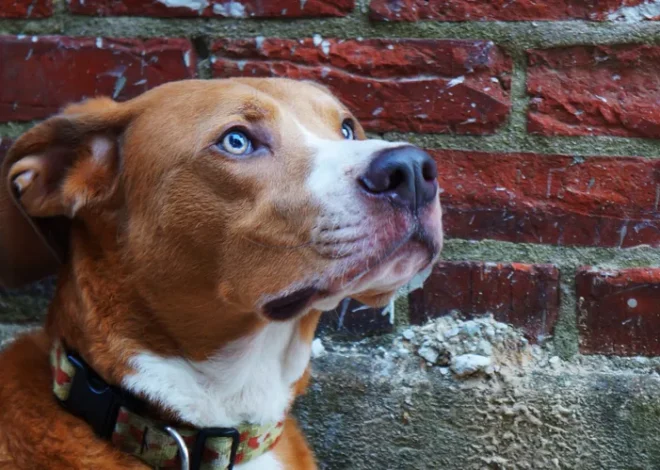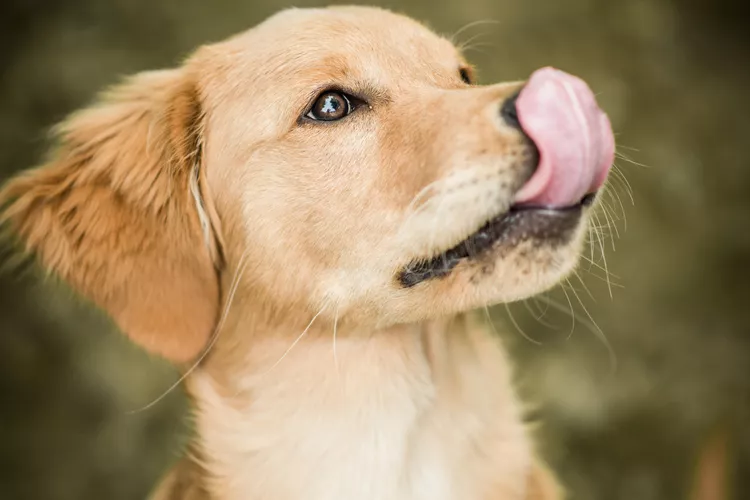
Decoding Dog Lip Licking: Understanding Your Canine’s Silent Language
Introduction

Dog owners often wonder about the subtle nuances of canine body language. One of the most intriguing and often misunderstood behaviors is lip licking. Far more than a simple grooming action, this seemingly innocent gesture can reveal a wealth of information about your furry friend’s emotional state and well-being.
What is Dog Lip Licking?
Lip licking is a fascinating form of canine communication, where dogs use their tongues to lick their lips in various contexts. While it might appear mundane, this behavior is a sophisticated method of non-verbal expression that can signal multiple complex emotions and responses.
Key Reasons Dogs Lick Their Lips
1. Stress and Anxiety Signals
Dogs often use lip licking as a calming signal to communicate discomfort or anxiety. When feeling threatened or overwhelmed, they might rapidly lick their lips as a way to:
- Demonstrate submission
- Reduce potential confrontational tensions
- Signal they mean no harm
2. Confusion and Mental Overwhelm
During training sessions or complex interactions, lip licking can indicate your dog is:
- Struggling to understand instructions
- Feeling mentally overwhelmed
- Experiencing training-related stress
3. Potential Health Concerns
Excessive lip licking might signal underlying health issues such as:
- Dental problems
- Oral discomfort
- Potential gastrointestinal distress
- Nausea
Interpreting Lip Licking: What to Do
Recognize the Context
Understanding the environment and situation is crucial. Ask yourself:
- Is your dog in a potentially stressful scenario?
- Are there unfamiliar people or animals nearby?
- Could there be environmental triggers?
Professional Training Approach
When lip licking occurs during training:
- Pause the current activity
- Request a simple, known command
- Reward and end on a positive note
- Break complex tasks into smaller, manageable steps
Health Monitoring
If lip licking becomes persistent:
- Observe additional symptoms
- Check for signs of discomfort
- Consult your veterinarian for a comprehensive evaluation
Pro Tips for Dog Owners
- Avoid direct confrontation when your dog displays stress signals
- Create a calm, supportive environment
- Use positive reinforcement techniques
- Never punish a dog for communicating through body language
When to Seek Professional Help
Consider veterinary or professional dog behaviorist consultation if:
- Lip licking is frequent and unexplained
- Accompanied by other unusual behaviors
- Potentially indicating chronic stress or health issues
Read Also
- Why Do Dogs Rub Their Faces? Decoding This Fascinating Canine Behavior
- 10 Things People Do That Dogs Can’t Stand
- Why Do Dogs Lick Their Paws?
- Top Products to Keep Your Dog Happy and Healthy
Conclusion
Understanding dog lip licking goes beyond simple observation. It’s about recognizing the intricate communication system our canine companions use to express their feelings, needs, and potential health concerns.
By paying attention to these subtle signals, you can become a more empathetic and responsive pet owner, strengthening the incredible bond between you and your furry friend.
Disclaimer: Always consult with a professional veterinarian for personalized advice about your dog’s specific health and behavioral needs.





